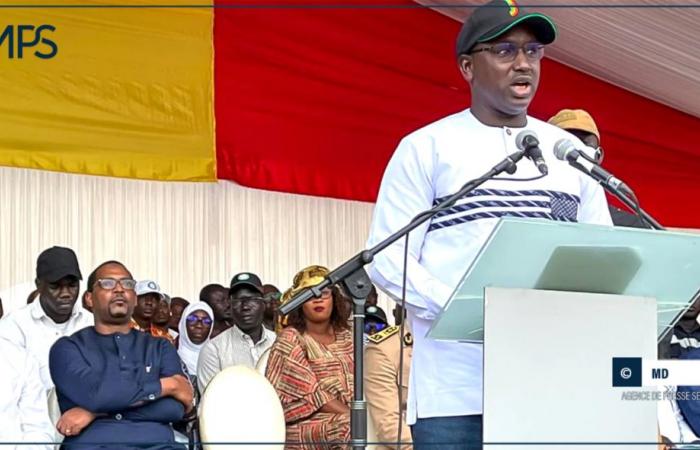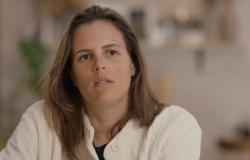The Minister of Hydraulics and Sanitation, Cheikh Tidiane Dièye, launched work on Saturday to strengthen access to drinking water for the commune of Kolda, located in southern Senegal. This project is part of the National Program providing for the establishment of 39,000 social connections, of which 5,000 are reserved specifically for the Fouladou region. The newspaper Sud Quotidien reported this initiative.
Social connections consist of facilitating the connection of disadvantaged households to drinking water, either through pricing measures such as credit or subsidies, or through non-tariff processes such as the simplification of administrative procedures. The ceremony took place in the Bouna Kane district, an area of Kolda where the water connection is particularly complex.
Despite efforts, disparities persist in equitable access to water in the Kolda region, hence the eligibility for these subsidies granted by the State, via the National Water Company of Senegal (SONES).
Visiting the Illèle bridge, located on the Casamance River, the minister was welcomed by the mayor and the population, who expressed their concerns regarding the need to revitalize or dredge the river. He then visited the current site of the water treatment plant, the starting point for the construction of two new boreholes, the installation of two water towers and the installation of 68 kilometers of pipes .
-Cheikh Tidiane Dièye explained that these new infrastructures aim on the one hand to overcome the challenge of insufficient production of fresh water, thanks to two drillings planned on an aquifer already identified. On the other hand, it is a question of rehabilitating and increasing the capacity of the current treatment station to reduce the iron and chloride content, in order to comply with the standards of the World Health Organization.
The mayor of Kolda, Mamadou Diao, also known as Mame Boye, expressed his gratitude to the state’s efforts, welcoming this initiative aimed at guaranteeing universal access to drinking water by 2050. This information were also highlighted by our colleagues at Sud Quotidien.






